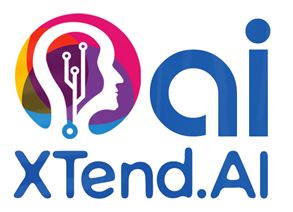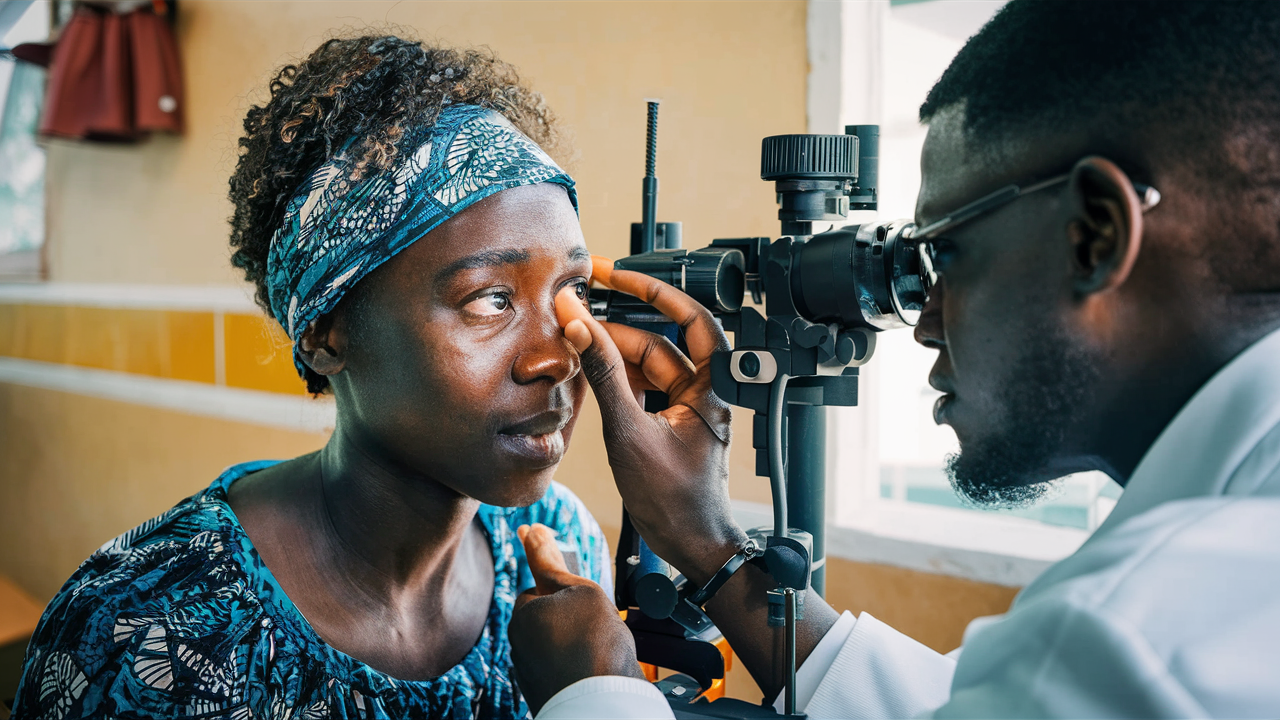An Update on the Pilot Study:
We are pleased to share an update on the pilot study conducted in collaboration with ITU/WHO, leveraging artificial intelligence for the early detection of Diabetic Retinopathy (DR) in Senegal. This initiative, supported by the Ministry of Health, Senegal, Sanofi, and part of the broader effort to align with the UN’s Universal Health Coverage goals, has reached a significant milestone in its journey towards transforming DR diagnosis and management.
Pilot Study Highlights:
- Screening Scope: The pilot study has successfully conducted screenings for over 420 individuals, utilizing the AI solution across all cases, showcasing the system’s capacity to handle a significant volume of screenings.
- Clinic Participation: Initially deployed in 2 clinics, the study concentrated on these locations to ensure a controlled environment for accurate assessment.
- Study Recruitment: Out of these screenings, 100 patients were recruited into the study, providing a focused group for detailed analysis and evaluation.
- Evaluation and Consent: The evaluation of the AI’s effectiveness was conducted on patients who consented to share their data, ensuring ethical standards and patient privacy were maintained.
Outcomes and Findings:
- High Accuracy: The results were very encouraging, with the AI/ML diagnoses aligning with human expert evaluations in the vast majority of cases. The system demonstrated high sensitivity and specificity, crucial metrics for the effectiveness of diagnostic tools.
- Challenges and Solutions: While encountering typical challenges of implementing new technologies in healthcare settings, the study navigated these with adaptive strategies, ensuring smooth operation and valuable learnings for future expansion.
- Future Prospects: The pilot’s success has opened discussions on expanding the sample size to include 300+ images uploaded to the Telemedicine platform, potentially broadening the study’s insights.
Moving Forward:
The initial results from the pilot are not just promising but indicative of a transformative shift in how we approach DR screening and diagnosis. The AI models have proven to be a reliable adjunct to human expertise, offering a scalable solution to bridge the gap in specialist availability. This success lays a solid foundation for the potential expansion of this model, not just within Senegal but across the Sub-Saharan region and beyond, democratizing access to crucial healthcare services.
What’s Next?
As we look ahead, our focus remains on leveraging the insights gained from this pilot to refine and expand our AI solution. The collaboration between ITU, WHO, the Ministry of Health, Senegal, and our partners continues to be pivotal in this journey. Together, we are committed to scaling this solution, addressing regulatory and ethical considerations, and ultimately, ensuring that every individual at risk of DR can access timely, effective screening.
Stay tuned for more updates as we progress in our mission to combat Diabetic Retinopathy through innovation and collaboration.







